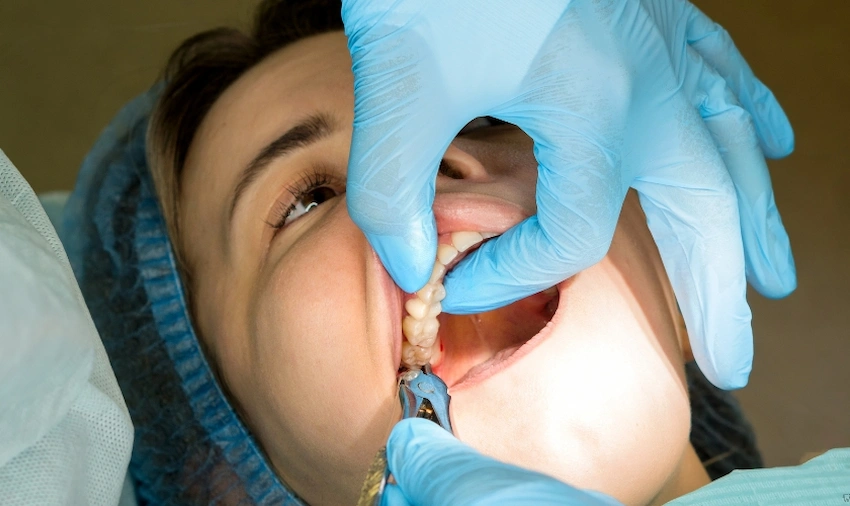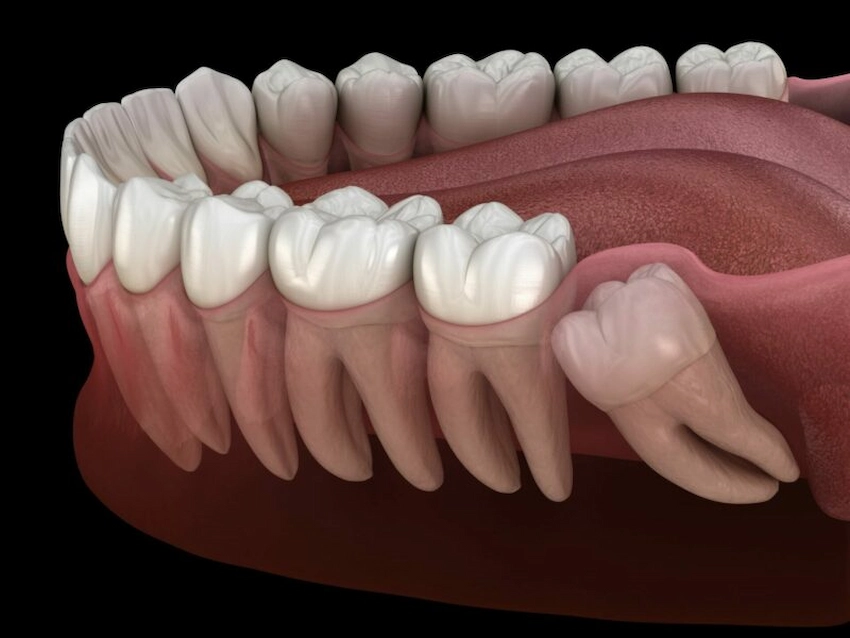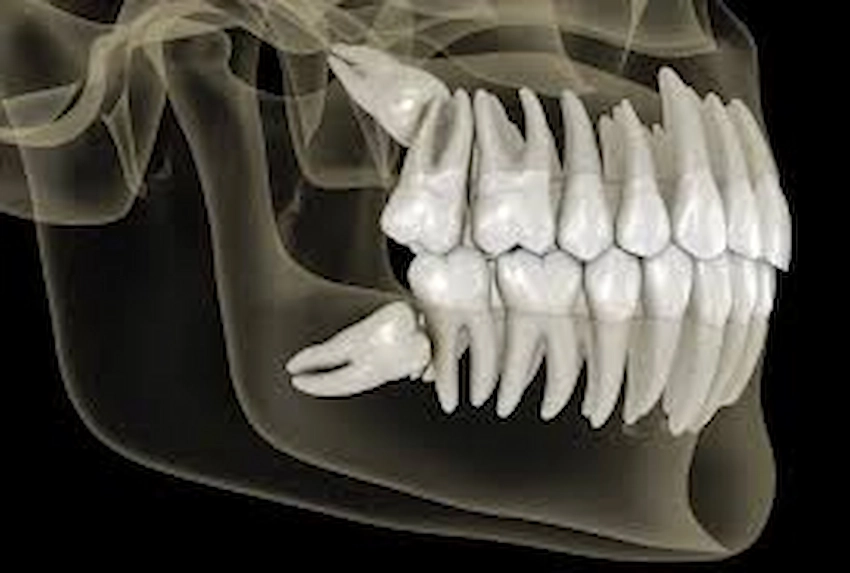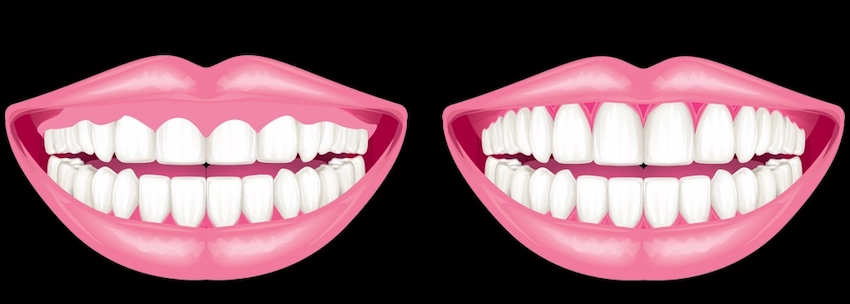🦷How to Speed Up Wisdom Teeth Recovery

Having wisdom teeth extracted is a routine operation; however, the healing process can be very tough. People are always looking for how to hasten the recovery of wisdom teeth so that they can experience less pain and return to their daily activities as quickly as possible.
The Wisdom Teeth Recovery Process Day by Day
Knowing the standard recovery time is advised as it can make your pre-planning and recovery a well-needed balance. Below is a break down throughout the day:
Day 1: The Surgery Day
- Just after Surgery: You will be dizzy from the anesthesia. It is important to lie down and not do any intense activities for some time.
- Pain and Swelling: Get getting along pain medications right after the surgery as recommended by the doctor is the best pester also for the pain. Swelling can be normal, and it can be handled by ice packs that rest on your cheeks for 20 minutes at a time.
Day 2-3: The Peak Discomfort Phase
- More Swelling and Pain: In general, the most substantial pain and swelling are around the second and third day. The medicine should be taken as per the prescription, and the ice pack should be applied.
- Soft Foods: Munch on soft nondisruptive food such as yogurt, applesauce, and mashed potatoes. Keep away from hot, spicy foods and hard ones as well. These irritants can cause damage to the area of the surgery.
Day 4-7: Gradual Improvement
- Lessened Swelling: A continuous decrease in swelling is to be experienced generally from and after the fourth day. Pain may also show subsequent improvement.
- Rinse Gently: You can start doing mouth rinses with a salt solution to remove bacteria that may cause infection and improve the healing process. Do not rinse too much or too aggressively.
Day 8-14: Consistent Recovery
Just in case You Have Stitches: Depending on the type and the size of the stitches used, you may need to get a dentist to remove the stitches or expect the stitches to fall off themselves.
8 Tips for a Faster Teeth Recovery

- Keep A Good Oral Hygiene: An important thing a patient should do as far as his health is concerned is to have clean and proper oral hygiene. When brushing the teeth, carefully avoid the sites of surgery and rinse the mouth with the saltwater solution at least three times a day. With this practice, the infection is not likely to occur and the healing process continues to go on properly.
- Control Pain and Swelling: The dentist may suggest the use of non-prescription drugs in order to relieve pain. Additionally, for the first two days, cold compresses can be of great benefit in terms of reducing the size of the swelling. After two days, the cold compresses are to be replaced with the warm ones which help in reducing the swelling caused by remaining inflammation.
- Following the Recovery Pathway: Drinking a large amount of water is an important health issue during the time of disease recovery. The body’s reopenage will be facilitated, besides the mouth’s disinfection, thus the person’s wellbeing will also be upgraded. The act of pushing the drink down the throat is quite dangerous as it can easily take part in loosening the blood clots responsible for plugging the tissue of the sockets.
- Consume Soft and Nutritious Foods: It is an advantage to have foods to which a food consumer is not used to; however, it is also necessary that they does not need to be chewed for a long period of time. Thus, it remains in question that the foods that are easy to slicing and also do not require too much work to be swallowed should already be selected. Nutritious foods such as smoothies, soups, and mashed vegetables should be the ones you consume because these are the foods that can help your body to be healed. AVOID having rough, very hot, or spicy foods because they can cause skin irritation at the extraction site.
- Shun from Too Much Work and Get Rest: It is very necessary to avoid staying after your surgery is done and instead, it is recommended for you to relax, as the body also too needs its time of recovery. To reduce the inflammation and your pain as well, try to sleep a little bit higher every night.
- Major Talking Points: Staying away from smoking as well as not taking alcohol proms to be an adequate way of preventing slower healing, the latter, in fact, being responsible for a set of events, the most tragic of which is the so-called dry socket. The practice should be not taking smokes and not drinking alcohol during the period of recovery for a patient being set as the best decision one can make.
- Follow the Instructions Given by Your Dentist: Remember to comply with the after-surgery instructions provided by your dentist. These instructions are created specifically for your condition and are aimed at making your recovery quick and effortless.
- Contact Your Dentist If It Is Necessary: You should contact your dentist immediately if you suffer severe pain, experience profuse bleeding, or are showing signs of infection (for example, fever or pus). Careful attention to these issues can stop them from becoming more complicated and can thereby lead to a faster recovery.
You can have a much less trying time of it if you are aware of how to hasten wisdom teeth recovery. Adhere to the schedule laid out for you and stick to the advice given, and you will ease your pain and promote a faster healing process. Lema Dental Clinic is in place to aid you at every stage of the process so that you can be back to your regular day-to-day without any problems as soon as possible.

Implementing these recommendations and speaking to the dentist will make your recovery period easier and less challenging. Remember, getting back to your old self as quickly and as painlessly as possible, depends on one’s patience and good care.
FAQ: How to Speed Up Wisdom Teeth Recovery
To reduce swelling, apply ice packs to your face in 20-minute intervals during the first 48 hours after surgery. Keeping your head elevated, even while sleeping, can also help minimize swelling and encourage faster healing.
You can manage pain using over-the-counter pain relievers as prescribed by your dentist or oral surgeon. Make sure to follow their instructions for dosage, and if pain persists, contact your dentist for further guidance.
After surgery, stick to soft foods such as mashed potatoes, yogurt, and smoothies for the first few days. Avoid hard, crunchy, or hot foods that can irritate the surgical site and delay healing.
To prevent complications, maintain good oral hygiene by gently rinsing with salt water, avoid smoking, and refrain from using straws. Follow all post-operative care instructions provided by your dentist to ensure a smooth and infection-free recovery.




